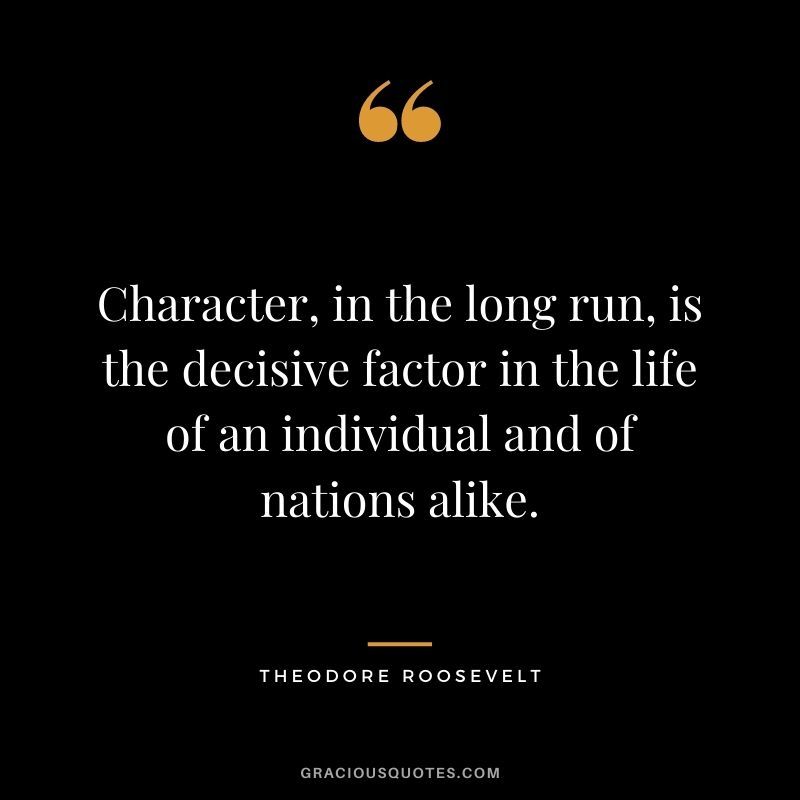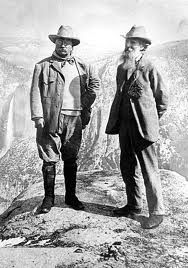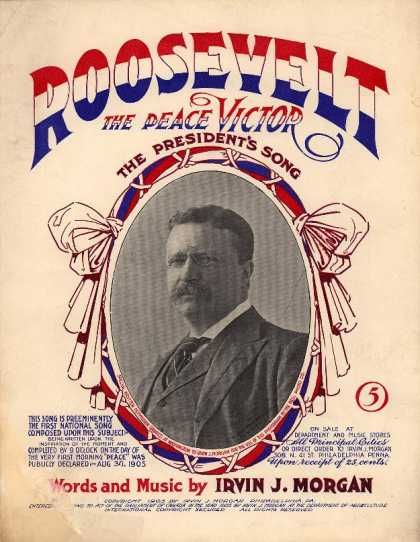
This is part of a series examining the issues in the presidential election. To see other articles in the series. click on the “2020 Elections” link on the Home page.
Final Score
| Issues (linked to past articles) | Biden | Trump |
| Governmental Reform | 0 | -1 |
| Foreign Policy | -2.5 | +1.5 |
| Antitrust & Trade Regulation | -.5 | +2.0 |
| Conservation & the Environment | +.5 | -.5 |
| A Strong America | -1.5 | -1.0 |
| Character | (0*2)=0 | (-3*2)=-6 |
| FINAL SCORE | -4.0 | -5.0 |
The American presidency is unique in the western world because it combines two functions of government generally separated in other countries – chief of state and chief of government. The chief of state is a unifying figure, often a king or queen, that symbolizes the history and values of the nation. In short, he or she symbolizes its character. In contrast, the chief of government is usually a prime minister elected through a partisan democratic process and tasked with advocating and implementing certain public policies. Theodore Roosevelt filled both roles as well as any President in history precisely because he had a strong and intelligent character.
Up to now, this series has concentrated on the policies an American nationalist president should pursue; i.e, his role as prime minister. However, the chief of state role is equally important. An American president who cannot symbolize the nation and its character cannot really be said to be nationalist. Thus, the score for this role will be doubled to reflect this importance.
Which brings us to Donald Trump. History may conclude that Trump’s most important accomplishment was winning the 2016 election and shattering the ossified political culture that existed over the previous generation. In one fell swoop, Trump proved the intellectual and political bankruptcy of the foreign policy of liberal hegemony and the domestic policy of small government conservatism. He had a unique opportunity to develop a new political coalition around a nationalist agenda. Instead, he relied on a self-centered, divisive and authoritarian appeal that left American politics coarser and thus weakened our national character. His attempt to blackmail the Ukrainian government to dig up dirt on Biden justified impeachment (see my post here). His juvenile insults of his opponents reflected his own weakness as a democratic leader, not theirs (see this post). He seemed to have utter contempt for the basics of American constitutional democracy. Finally, his erratic leadership on the coronavirus pandemic and recent dangerous statements about the efficacy of masks abdicated the chief of state’s role to soothe the nation and unify it to fight a common enemy. These are just some of the ways Donald Trump has shown his complete inability to serve as an American chief of state. Roosevelt would have been disgusted and horrified by such a lack of character in a President. He thus deserves the worst score of -3, which, after doubling, becomes a -6.
Biden comes off better only in comparison to Trump. His years in the Senate and then the Vice-Presidency have given him both an appreciation of American democracy and the negotiating skills necessary to navigate the system successfully. He is not a left-wing woke firebrand, though the same cannot be said of his running mate Sen. Kamala Harris. Her presence on the ticket raises the issue of how often a Biden-Harris Administration would descend into divisive identity politics. Finally, Biden has definitely shown his age on the campaign trail and in the debates. Does he have the energy and the will to face down the firebrands in Congress or his own appointees (as TR did) and unite the country, or will he be simply a figurehead? These uncertainties cannot support anything but a zero for Biden, and two times zero is still zero.
As the negative scores above show, we are faced with the sad fact that, once again, there is no true American nationalist running for President on a major party ticket this year. Even if you exclude the character score, Trump only earns a net +1 for his policy accomplishments. American nationalists are thus left with the agony of choosing the least globalist candidate in the race.
A Personal Decision
Given these scores, I cannot recommend or endorse either candidate in this election. I admit that a small disagreement on the scores on any issue could tip the scales significantly either way. However, Roosevelt’s comment about the importance of national character haunts me. The decision comes down to whether Trump’s character and behavior best represents the American character. I strongly believe it does not.
It is a bitter pill to swallow, but I will be voting for Biden in today’s election. His administration will require strong oversight to control his globalist tendencies and thus I will be voting Republican for Congress. It is especially important that the Senate remain Republican since its confirmation powers over treaties and presidential appointments give it key powers in the foreign policy arena. After this election is over, American nationalists will have the difficult task of rescuing the nationalist brand from the damage Trump has done to it and building for the 2022 and 2024 elections.
Go vote, and God bless America!


